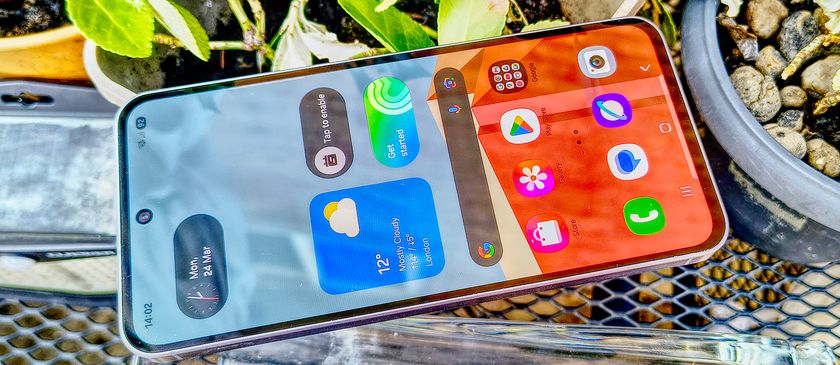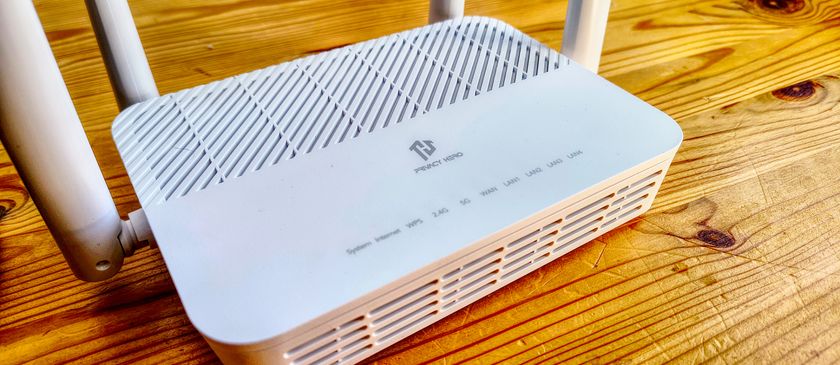Shared Rural Network talks derailed by access fee row
Operators have differing views on cost

Implementation of the £1 billion Shared Rural Network (SRN) is being hampered by a row over the cost of access to EE’s mobile infrastructure.
The SRN, announced last October, will see mobile operators share masts in areas of the country that don’t have access to all four networks.
Operators will invest £530 million to open up and share their infrastructure, and pay each other a fee for access.
- National roaming could boost rural 4G
- Operators agree Shared Rural Network
- What is 5G? Everything you need to know
Shared Rural Network
The government would then provide up to £500 million to build new masts in ‘total not spots’ where there is no 4G coverage from any operator. The aim is to reach 95 per cent of the UK landmass by 2025.
However reaching a final deal has proved difficult. Reports suggest BT wants to include masts yet to be built in the agreement and charge more than the commercial rate for access. The suggestion is that operators believe it could be cheaper to build the infrastructure themselves.
Given that EE is the UK’s largest mobile operator in terms of coverage, it has sites in many areas that its competitors do not, and believes the fees its rivals pay should reward this investment. Infrastructure built as part of the Emergency Service Network (ESN) will also be made available at cheaper rates.
“[The fees are] based upon the inherent value of these mobile sites today, and the investment made to get that site up, built and working – as well as the time and effort to get planning permission and reach agreement with the landowners – to create the mobile coverage these areas so desperately need,” BT Consumer CEO Marc Allera said in January. “All of which is harder to do, and more expensive, because of the challenges of building in rural areas.”
Are you a pro? Subscribe to our newsletter
Sign up to the TechRadar Pro newsletter to get all the top news, opinion, features and guidance your business needs to succeed!
All four operators still support the programme, especially since the government has promised to abolish planned coverage obligations in upcoming spectrum auctions and the prospect of a national roaming network would also be eliminated.
"The SRN requires all four mobile network operators to deliver additional investment and an unprecedented level of infrastructure-sharing; it requires the Government to deliver planning policy reform and a modest level of funding," added Mark Evans, O2 CEO.
However the BBC says the government wants to secure a deal as soon as possible, ideally in time for the budget on 11 March. Should an agreement not be reached, then it is claimed that the government would look at alternative measures that could delay improvements to rural coverage.
- Here are the best mobile phone deals for February 2020
Via BBC
Steve McCaskill is TechRadar Pro's resident mobile industry expert, covering all aspects of the UK and global news, from operators to service providers and everything in between. He is a former editor of Silicon UK and journalist with over a decade's experience in the technology industry, writing about technology, in particular, telecoms, mobile and sports tech, sports, video games and media.












